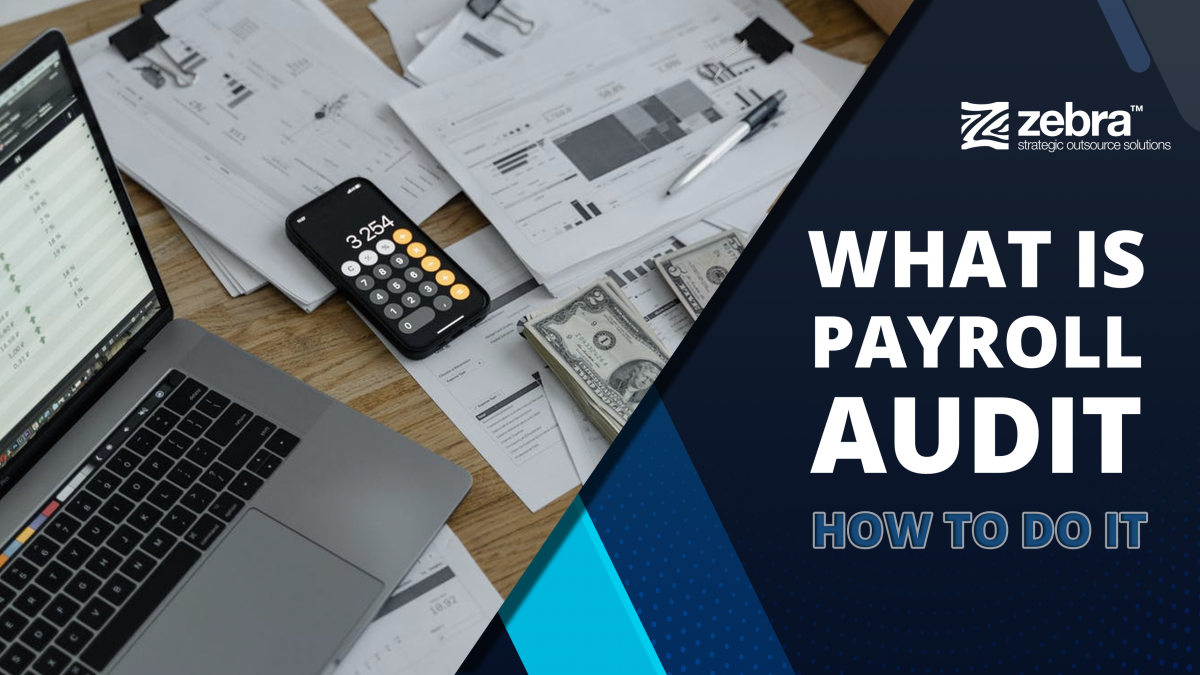
Managing employees highly depends on your HR accuracy and compliance. Are there errors in salary payments? Are your HR policies still efficient? A payroll audit ensures that current HR processes are effective and compliant with employment and taxation laws. Understanding the real essence of payroll audit and knowing how to do it right will help analyze existing HR processes.
In this article, let’s put payroll audit in the limelight and see how this procedure can trim down errors and prevent mishaps in the future.
What is a payroll audit?
A payroll audit is a process that is essential in determining whether the payroll processes are accurate and compliant with existing laws. A payroll audit is done each year to make sure that your business is adhering legally to employment regulations. Payroll audits are done internally by you or any member of the team. Once the results are analyzed and interpreted, certain changes should be made if applicable.
Why should businesses conduct payroll audits?
In Kansas City, the recent state audit in Clinton County revealed its poor financial controls that resulted in shortchanging some employees’ salaries, overpaying other employees, and paying payroll taxes late. At one point, the county even paid a vendor $71,536 instead of the recorded $5,435. County officials were urged to implement some changes to restore the confidence of its residents. The entire audit process assessed $64,000 in total penalties excluding additional ones that are still accruing.
Audits are important in stopping or preventing unwanted financial problems. If taxes and salaries are not paid on time, your business might be slapped with fines and other consequences. Payroll audits are essential if you want to prevent unpleasant processes from hurting your business. With a payroll audit, you can:
- Stop fraud by identifying wrongly marked timecards or ghost employees
- Check for wrong computations of benefits and salaries
- Verify the accuracy of tax obligation payments
- Identify employees who deserve a raise or promotion
- Catch errors entered into your payroll system
- Account for the correct overtime pay, salary deductions and other calculations
- Inclusion of terminated or resigned employees
- Calculation errors
- Incorrect working hours
There are other reasons for conducting a payroll audit depending on your business needs. Conducting payroll audits means you need to have the right people to check and balance your records.
How to conduct a payroll audit?

Your payroll audit should be fine-tuned to smoothly achieve your goals. Learning how to conduct a payroll audit will be based on how small or large your organization is. Small businesses may have simple and easy payroll audit procedures while larger corporations may use complex processes. In this case, let’s walk you through the basic steps in conducting a payroll audit regardless of your business size.
1. Verify the identity and information of employees listed on the payroll
Review your payroll list. Identify those that are still included but have already resigned or have been terminated. The goal is to trim down the list with employees who are actually working and getting paid. Compare the list with employment records and check whether the salaries received are the same as what was indicated in their contracts.
2. Check the pay rates
Are your employees’ pay rates just and correct? Are there members of the team receiving more than what they’re supposed to? An employee’s wage and benefits change over time and checking the current rate with the employment records will help you make accurate updates in the future.
Are benefits and raises implemented on the applicable dates as per the contract? Check the base salary, tax deductions, leave credits, and other factors that affect what an employee is receiving every pay period.
3. Examine payments made and attendance records
Salaries are paid based on attendance. An employee should receive the right pay based on their log-ins and logouts and the days they worked and when they did not. If employees failed to clock in for work, are these labeled correctly as sick leave, bereavement, emergency leave, or other reasons for the absence? Doing so will help you determine whether an employee is underpaid or overpaid based on his attendance.
4. Compare the payroll records with the company’s ledger
Your audit findings including total salaries and taxes paid should match your company’s general ledger. This will be easier if you have a payroll bank account that can help you pull out monthly payout statements. Compare the bank records and the numbers indicated in your ledger. The numbers reflected in both documents should match accordingly.
5. Check payments to independent contractors and vendors
Some tasks and skills may have been outsourced these should also be included in your payroll audit. You should also compare payments made against the contracts and other financial records. Check whether these contractors were paid on time and indicate how much money your business still owes. Pending payments should also be checked against your ledgers and payroll records.
6. Confirm tax deductions and remittances
Are the tax deductions for each employee compliant with your country’s employment laws? Are these taxes paid on time? How much is your business wasting over late tax payment penalties and fees? Due to changes in employees’ pay and tax laws, remittances may change quarterly or annually. Determine whether the right tax amount is being paid for each of your employees.
7. Make recommendations to improve your payroll processes
The entire payroll audit procedure will help you identify errors and outdated information. At the end of the audit, you can make a checklist of what policies or processes require change or update. Base your recommendations on your audit findings and make sure you have records to support your recommendations.
Are you ready for a payroll audit?
Payroll audits can improve your business processes, especially your relationship with your employees. Earning employee trust and confidence can improve productivity and efficiency in the workplace. Zebra can help you smoothen your salary payouts and ensure employees are paid the right amount at the right time.
A payroll audit can be done at any time of the year and should be processed regularly. This will help you take control of your finances and find ways to improve the way you hold your business.





